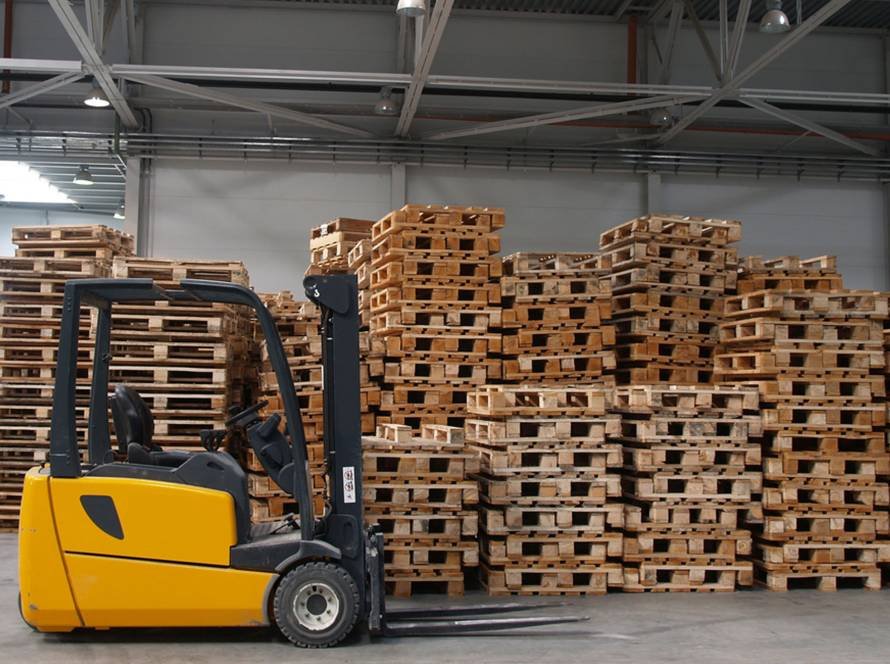In a world of advanced materials and automation, wooden pallets have stood the test of time — and in 2025, they continue to dominate the industrial packaging and logistics sector. But why are businesses still choosing wood over plastic, metal, or composite alternatives?
Let’s dive into the reasons.
Benefits Over Plastic, Metal, and Cardboard Alternatives
When it comes to transporting, storing, or handling goods, choosing the right pallet material can significantly impact efficiency, costs, and environmental footprint. Among the various options available—plastic, metal, cardboard—wooden pallets continue to lead the way in global logistics. But why are wooden pallets still the preferred choice for businesses across industries?


Let’s explore the key advantages of wooden pallets over other materials:
1. Sustainability: A Greener Choice
In an age where eco-conscious practices matter more than ever, wooden pallets offer a strong sustainability advantage.
- Made from renewable resources: Wood is a natural and biodegradable material, often sourced from responsibly managed forests.
- Easily recyclable: Wooden pallets can be repaired, reused, and eventually repurposed into mulch, wood chips, or even new pallets.
- Lower carbon footprint: Compared to plastic or metal, wood requires less energy to produce and process, making it an environmentally friendly option.
Fun Fact: Over 90% of wooden pallets are recycled or reused—more than any other pallet material.
2. Strength and Load Capacity
Wooden pallets strike a balance between durability and weight.
- High load-bearing capacity: Ideal for heavy or bulk goods.
- Shock resistance: Natural wood absorbs impacts better than plastic or cardboard.
- Robust in harsh environments: Wooden pallets handle temperature fluctuations and rough handling better than cardboard, which is prone to moisture damage.
Compared to metal pallets, wooden pallets are easier to repair and do not rust, making them more practical in most industries.
3. Cost-Effectiveness: Budget-Friendly and Efficient
Wooden pallets are significantly more affordable to manufacture and purchase compared to plastic or metal pallets.
- Lower upfront cost: Great for businesses managing high volumes of inventory.
- Easy repairs: A damaged wooden pallet can be fixed with minimal tools and cost, unlike plastic or metal which may require specialized services or full replacement.
- Widely available: With a broad global supply chain, wooden pallets are easy to source even in bulk.
4. Ease of Customization and Flexibility
One of the biggest advantages of wood is versatility.
- Custom sizes and designs: Wooden pallets can be tailored to fit specific product dimensions and load types.
- Quick modifications: Need an extra deck board or reinforcement? Wooden pallets can be easily adapted in-house.
- Compatibility: Works well with forklifts, pallet jacks, and automated systems without needing specialized handling equipment.
Plastic pallets often come in fixed molds, and metal pallets are less flexible when it comes to on-site alterations.
5. Global Compliance and Standardization
Wooden pallets are widely accepted in international shipping, especially when heat-treated and certified under ISPM 15 guidelines.
- ISPM-15 compliance: Wooden pallets treated according to this standard can be shipped across borders safely.
- Recognized globally: Their standard sizes (like 48×40 inches) fit most transport systems, containers, and racking.


